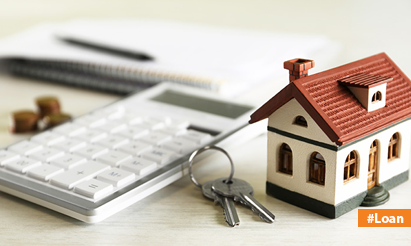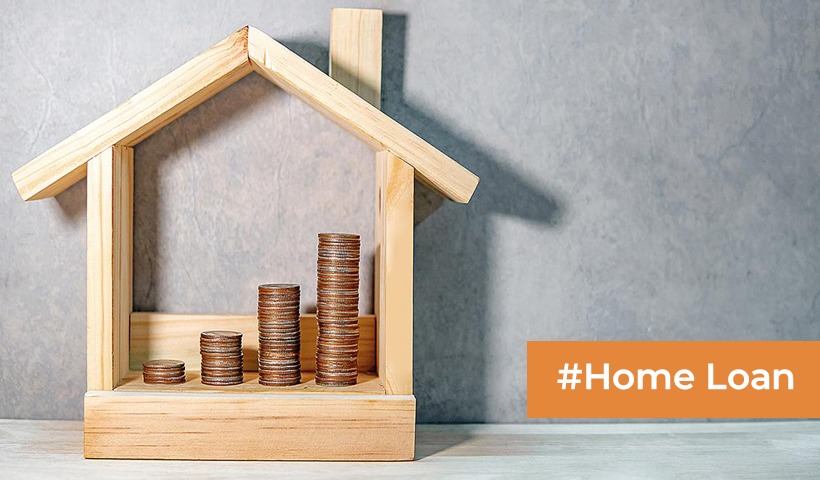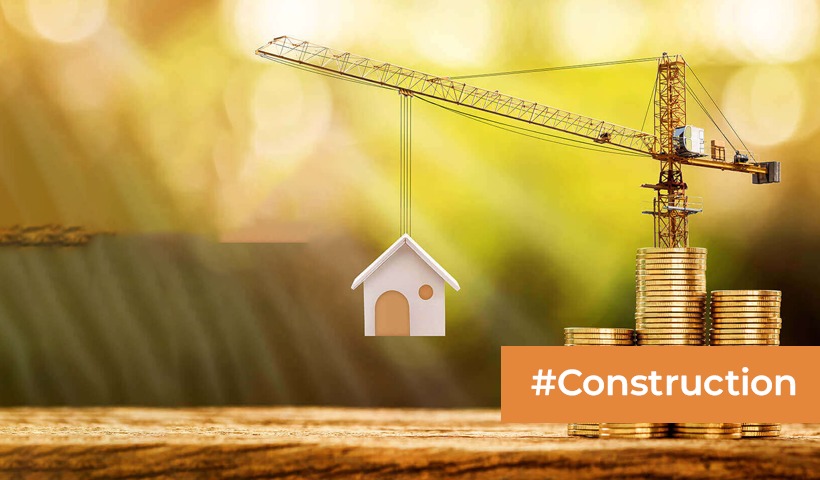Late Payments, Big Impact: Home Loan EMI Fallout
If you are looking to purchase a home or are currently paying off a home loan, you need to be aware that you are taking on a long-term debt with 10 to 20-year repayment terms. For many of us, owning a home is a dream that is often made possible through a home loan. This tool sets us up to own a home, making it accessible and affordable. But what starts as a dream can quickly become a nightmare if you fail to make repayments on your home loan. A home loan is a practical and affordable way to finance residential property purchases. With a wide variety of loan products available to meet different needs in today’s market, choosing the right option is key.
Securing a home loan may seem like a no-brainer, but making sure you pay your EMI on time requires careful financial planning. Delayed EMI repayments have a huge impact on borrowers in many ways. Here’s an overview of the consequences and possible solutions to address home loan repayment delays. Delayed EMI isn’t just a financial hassle; it also has legal ramifications. After missing three consecutive EMI payments, lenders will send reminders. If the delay goes on for more than three months, it becomes a full-blown default. This designation gives lenders the power to auction the property to recover unpaid debts.
In addition to the legal consequences, late EMI payments also come with penalties. Lenders usually impose a penalty per month for the outstanding amount of EMI, as long as the amount is at least a certain amount. This adds to the financial burden on borrowers. Delayed or missed EMI payments can have a huge impact on a borrower’s credit score. Not only does a bad credit score affect your ability to get future loans, but it can also cause you to pay higher interest rates on your loans due to a higher perception of risk. Even a few days’ delay can harm your credit score, and defaults can hurt your financial health, which takes time to recover from.
Keep in touch with lenders
If you find yourself in a financial bind, it’s important to keep in touch with your lender. Let them know as soon as possible and talk about options such as restructuring your loan or grace periods. This way, you won’t end up in default and you’ll have the peace of mind that you’ll be able to pay your EMI on time.
Emergency funds
If you’re not sure what to do next, building emergency funds is a good idea. It’s like having a safety net to fall back on if something unexpected happens. You can build up an emergency fund of 6 to 12 months of your month’s income. This will help you get through temporary financial stress, but it won’t affect your loan repayment. You can look for other ways to pay off your loan.
Make use of savings
Borrowing from friends or family or using Flexible Deposits (FDs) and other savings may help with temporary liquidity issues. You may also want to consider liquidating low-interest investments or withdrawals from long-term funds such as Personal Financing (PPF) to help you make repayments on time. If you are in a more difficult financial situation where repayment seems impossible, downsizing your home or liquidating your assets may be a good option to avoid defaulting on your EMIs. You need to understand the implications of delaying your home EMIs. It is not only about financial penalties but also about preserving your creditworthiness, financial stability, and future borrowing ability. Proactive steps such as setting up emergency funds, assessing tenure, deciding on moratorium periods, and communicating with your lenders to explore options such as restructuring may help you avoid EMI defaults. However, it is important to plan and borrow wisely based on your repayment capacity.
Disclaimer: The views expressed above are for informational purposes only based on industry reports and related news stories. PropertyPistol does not guarantee the accuracy, completeness, or reliability of the information and shall not be held responsible for any action taken based on the published information.




